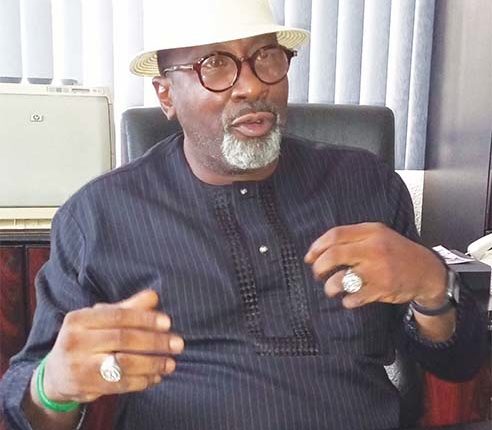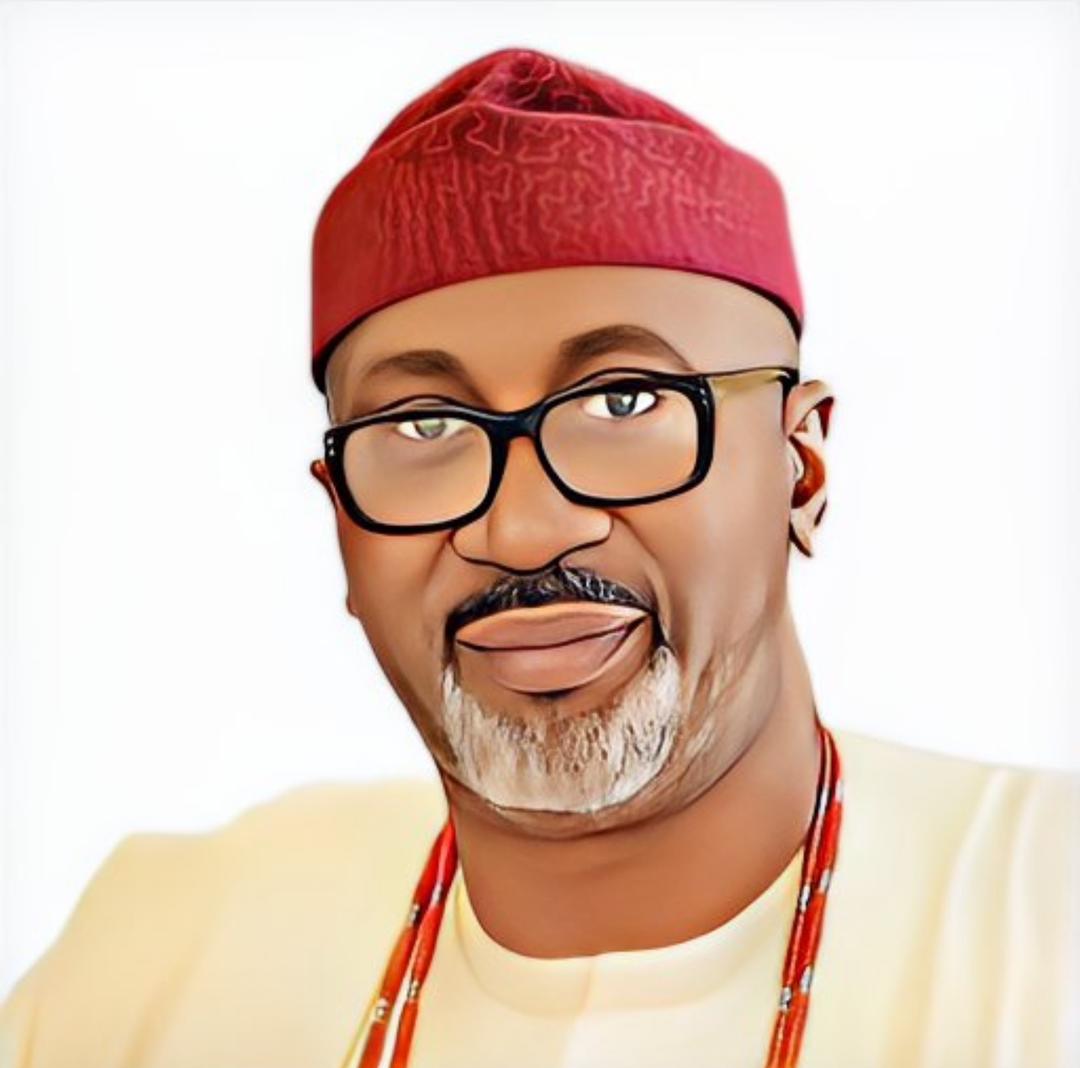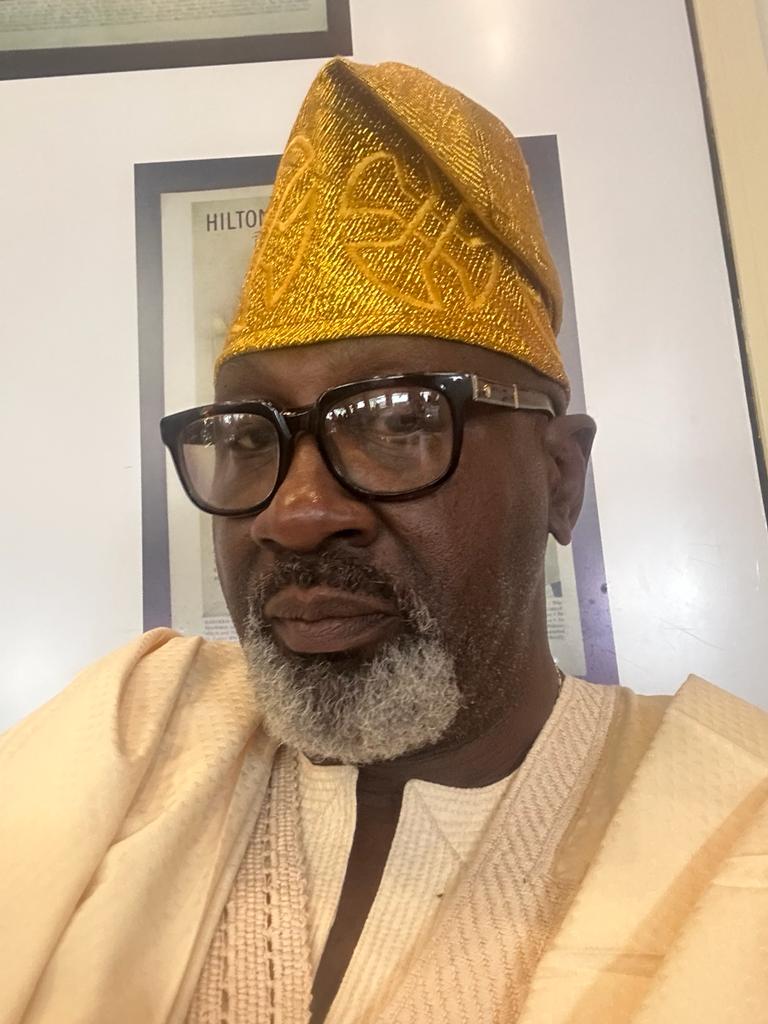It’s only a good political system that will enhance the Nigerian enterprise, which then will eradicate poverty – Abayomi Odunowo
Countries are often assumed to become wealthy based on the abundance of natural resources they possess. However, this assumption is not entirely accurate. If it were true, Russia would now be the richest country in the world, and Angola would be very wealthy. There are many other countries that have a vast array of natural resources, such as tidal resources, but they lack the enterprise economy to develop those resources. Russia, for example, has an abundance of resources, including oil, gas, diamonds, platinum, gold, silver, and timber, as well as marvelous soil for agriculture. Despite this wealth of resources, Russia has historically struggled with poverty and economic issues.
One key factor that is often overlooked in the discussion of a country’s wealth and resources is the political and economic system in place. Countries with a flawed or ineffective system may not be able to utilize their resources to their full potential. In Russia, for example, the Soviet era and subsequent transition to a market economy have left the country grappling with the challenges of corruption, economic instability, and inadequate infrastructure. These issues have hindered Russia’s ability to fully exploit its natural resources and develop a thriving economy. Additionally, Russia has also faced environmental challenges, such as the depletion of the Aral Sea due to unsustainable agricultural practices, which has further impacted its economic potential.
On the flip side, there are countries with minimal natural resources that have prospered economically. Japan, Switzerland, and Taiwan are prime examples of this phenomenon. Japan, lacking in significant natural resources, has built a strong and prosperous economy through a focus on technology, innovation, and manufacturing. Similarly, Switzerland has developed a thriving economy based on its expertise in finance, banking, and high-quality products. Taiwan, despite being limited in natural resources, has become a global leader in technology and manufacturing. These countries’ success can be attributed to their effective political and economic systems, which have facilitated enterprise and innovation.
The key lesson from these examples is that a country’s wealth is not solely dependent on its natural resources. A robust and supportive political and economic system can provide the framework for the enterprise of its people, allowing them to flourish and create wealth. On the other hand, countries with a flawed system, marked by corruption, inefficiency, and lack of support for enterprise, are likely to struggle with poverty and economic stagnation, regardless of their natural resources.
It is also important to consider the impact of environmental sustainability on a country’s economic potential. The exploitation of natural resources, if not managed responsibly, can lead to long-term environmental damage, which in turn can hamper economic development. This is evident in the case of Russia and the depletion of the Aral Sea due to unsustainable agricultural practices. Therefore, it is crucial for countries to consider the environmental impact of resource extraction and develop sustainable practices that will ensure long-term economic viability.
Nigeria, as a country, has long relied on its natural resources as the primary source of wealth and economic stability. However, it is imperative for Nigeria to recognize that its wealth and prosperity are not solely dependent on its abundant natural resources. A robust and supportive political and economic system is essential in providing the framework for the enterprise of its people, allowing them to flourish and create wealth.
The Hope agenda, proposed by the Nigerian government, presents a promising vision for the future of the country. It outlines the necessary steps to create a conducive environment for economic growth, development, and prosperity. This includes reforms in various sectors such as finance, agriculture, and infrastructure. However, the successful implementation of the Hope agenda requires time, patience, and active participation from all stakeholders.
Nigeria must take a cue from the knowledge that a nation’s wealth is not solely dependent on its natural resources, but also on its people and the political and economic systems in place. It is essential for the government to create an enabling environment that supports entrepreneurship, innovation, and investment. With the right policies and support in place, Nigeria has the potential to diversify its economy, create sustainable growth, and improve the well-being of its citizens.
Nigerians needs to have a little more patience and perseverance in order to activate the Hope agenda and create the conducive environment for economic growth and prosperity. It is imperative for the country to shift its focus from solely relying on natural resources to creating a supportive and enabling environment for its people to thrive and create wealth.
Finally, the notion that a country’s wealth is proportional to its natural resources is a flawed one. While natural resources undoubtedly play a role in economic development, they are not the sole determining factor. A country’s political and economic system, as well as its approach to environmental sustainability, are equally crucial in determining its economic potential. Countries with ineffective systems and a disregard for the environment are likely to struggle with poverty and underdevelopment, while those with supportive systems and sustainable practices will prosper, regardless of their natural resource endowment.
Otunba Abdulfalil Abayomi Odunowo
National Chairman AATSG.
3rd of February, 2024.





